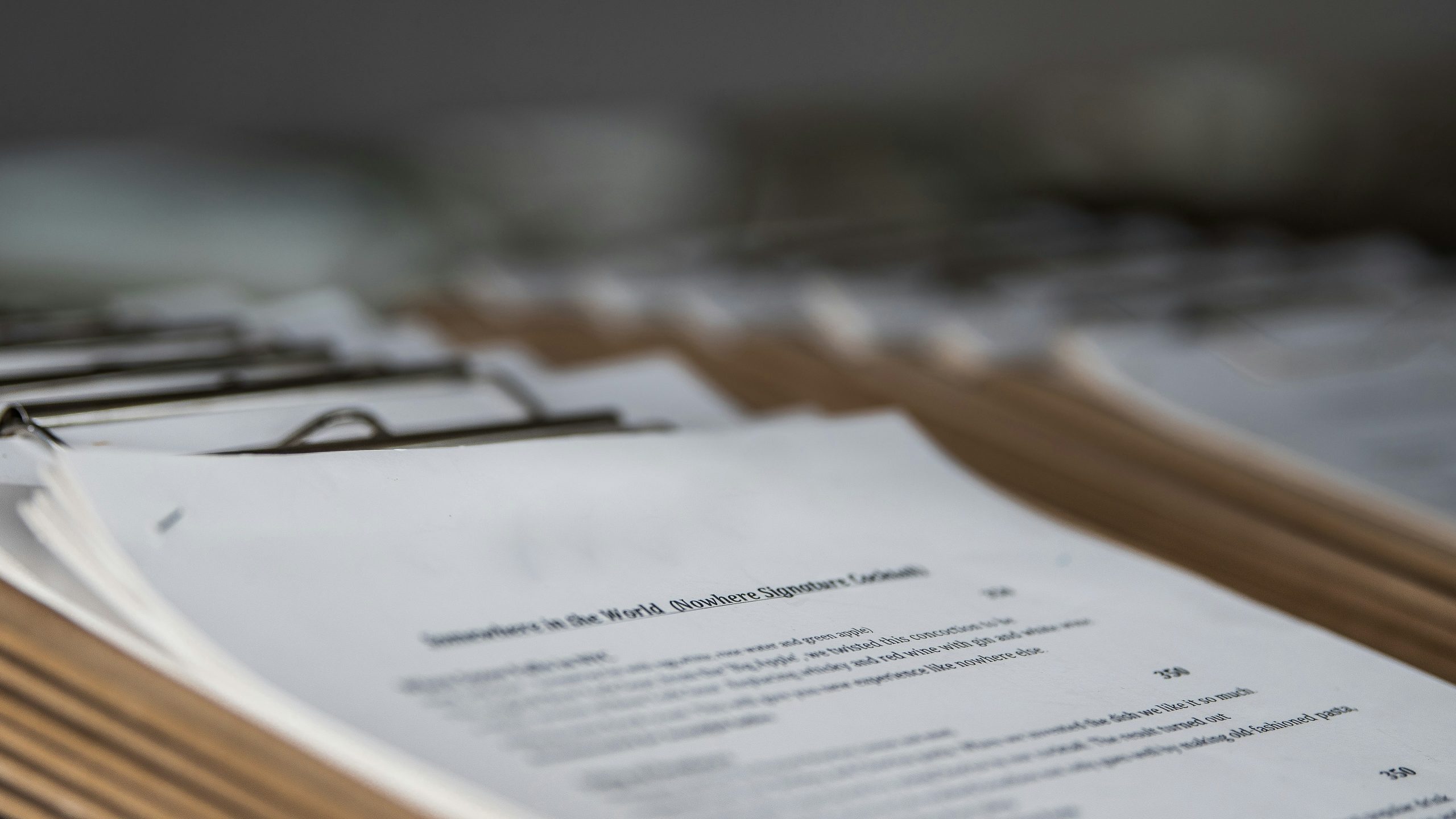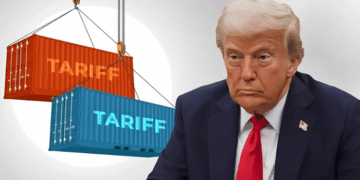The release of 33,295 pages of Jeffrey Epstein-related documents by the House Oversight Committee is not a triumph of transparency; it is a meticulously orchestrated political spectacle designed to create the illusion of action while ensuring the most powerful names connected to the financier’s sex trafficking ring remain protected.
Chaired by Republican James Comer, the committee’s performance is a cynical exercise in placating a public hungry for justice while deliberately avoiding it. The admission from both sides of the aisle—that 97% of the documents were already public and contain little new information—reveals the truth: this is a calculated distraction, not an investigation.
In the face of overwhelming evidence of a “cover-up of epic proportions,” as Democrat Melanie Stansbury described it, Congress has chosen to release a mountain of redundant paperwork instead of pursuing the one thing that matters: the un-redacted, complete truth. This is not oversight; it is complicity dressed up as concern.

How Congress Buried the Lead in a Paper Avalanche
The committee’s strategy is straight out of the political playbook: overwhelm the public with volume to conceal a vacuum of substance. Releasing 33,000 pages of mostly public documents—including flight logs, old court filings, and jail surveillance video—is a tactic of obfuscation. It allows lawmakers like Comer to claim they are “doing something” while simultaneously admitting to NBC News that “there’s nothing new in the documents.”
The inclusion of the so-called “missing minute” of video from the night of Epstein’s death is a perfect metaphor for the entire endeavor: a tiny, ultimately irrelevant detail that fuels conspiracy theories but does nothing to advance accountability for the living, breathing enablers of his crimes. By focusing on the circumstances of Epstein’s death, the committee conveniently shifts attention away from the decades of abuse and the powerful individuals who facilitated it.
The most glaring absence in this massive document dump is the one thing the public and victims have been demanding: the infamous Epstein client list. The Justice Department’s July assertion that no “incriminating” list exists is a semantic sleight of hand that Congress has now tacitly endorsed.
By failing to use its subpoena power to aggressively pursue this specific evidence, the Oversight Committee is effectively granting cover to the powerful individuals whose names would be on it. This is not an oversight; it is a choice. It protects a network of elites from Washington to Wall Street to European royalty, ensuring that while Epstein is gone, the system that protected him remains intact.
The Path to True Justice: Solutions Beyond Political Theater
What Happens Now?
The current congressional hearing is a dead end. The only solution is to appoint a fully independent Special Counsel with a narrow, powerful mandate: to investigate not Epstein, but the network that enabled him. This counsel must be granted unilateral subpoena power to pursue all evidence, including the complete, un-redacted client list and flight manifests from Epstein’s private jets; all communications between the Justice Department, FBI, and other agencies regarding the decision to offer Epstein a notoriously lenient plea deal in 2008; and financial records tracing the flow of money that funded the abuse and silenced victims.
This investigation cannot be led by politicians subject to partisan pressures. It must be led by a prosecutor insulated from political influence, tasked with following the evidence wherever it leads, regardless of the status of those involved.

















